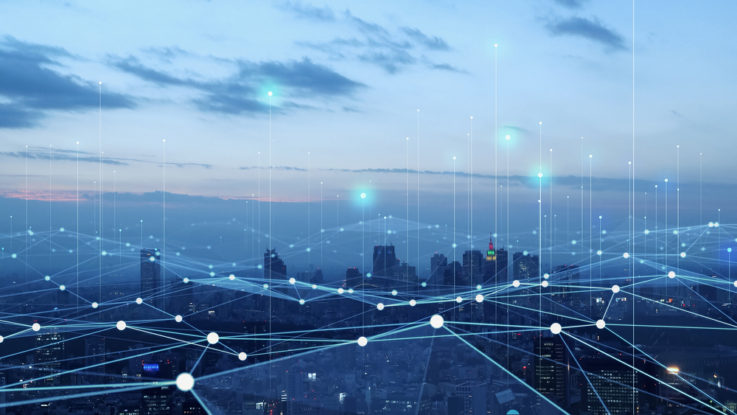
Insights ‘The Journey to IoT Maturity’
An increasing number of cities are implementing smart city technology to enhance city operations. From smart lighting to smart parking to environmental monitors, city leaders are installing thousands of devices to collect data that can be analyzed in order to deliver a better resident experience and increase the efficiency of urban systems.
A recently-released research study, The Journey to IoT Maturity, describes how decision makers in the US and the UK are thinking. The study is a follow-up to a 2017 effort and is commissioned by the Wi-Sun Alliance which is a global non-profit industry association made up of more than 300 member companies who are aligned with the mission to drive the global proliferation of interoperable wireless solutions for use in smart cities, smart grids and other Internet of Things (IoT) applications using open global standards.
Security and surveillance IoT top the list of priorities with 87% of respondents reporting they are “very likely or definitely” planning to deploy some level of this technology in the next 12-18 months. Smart parking is another key focus area with 77% investing time and budget into new solutions, an increase from 57% in 2017. The categories of traffic lights and controls, air and noise sensors, electric vehicles and street lighting all saw an increase in attention and proposed spending.
Underpinning all of this activity is a communications infrastructure that must deliver secure, reliable access. With the average city generating approximately 180 million gigabytes of data per day, reliable connectivity is critical for a fully functioning system. The IoT Maturity report showed that more city-based experts are designing hybrid systems that include a combination of cellular as well as mesh networks which are created through the connection of wireless access point (WAP) nodes.
As more of these systems come on line, the challenges and complexities increase along with the opportunities for better city service delivery. The technical challenges of cyber security and the complexity of deploying and upgrading IT infrastructure are of increasing concern. The market is also demanding new levels of interoperability and industry-wide open standards for IoT deployments. This is a disruptive force for business models, but if managed properly, can invite new levels of public engagement and innovation.
Cities are a combination of old and new, dynamic forces and changing technology. Keeping a pulse on the evolving attitudes and priorities of technologists who are both driving and responding to the needs of smart cities is an important activity. We must benchmark where we have been as well as where we are going in order to best inform the future of cities.